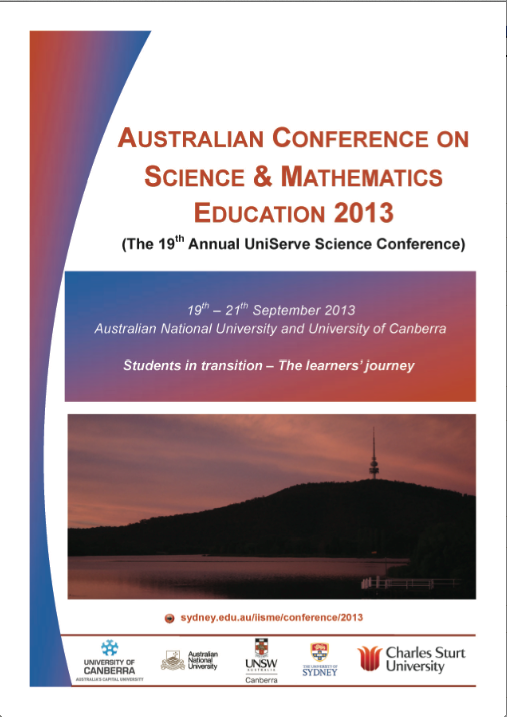Leadership development case study: What chance does an early career academic have in a regional university?
Abstract
Personal leadership development in academia is often arranged haphazardly. The concept, theory and practice of leadership has been widely researched in the literature for over a century, Leadership is ‘relational’ between leaders, followers, situation and context, governance, management structures and administration. In addition, it is influenced by surrounding social, cultural and political contexts. There are abundant leadership theories based on traits, contingency, situation, behaviour, participation, management and distribution. Many of these theories have a role to play within the higher education sector particularly ‘Distributed Leadership’. The re-emerging themes associated with Distributed Leadership include the importance of formal positions, pragmatic roles, strategic positioning, incremental growth and seizing opportunities. Personal leadership growth requires skill acquisition and development and can be obtained from internal and external sources via formal and informal methods. Regardless of the theory, leadership skills including those that focus on career development, people skills, technical skills and values and behaviours, must transcend throughout all aspects of academia including learning and teaching, research and community engagement. This presentation highlights the reflective personal leadership development journey for an early career academic in a leadership role based in a regional institution undergoing expansion, increased regulation and an overhaul of learning and teaching practices.Downloads
Published
2013-09-23
Issue
Section
Abstracts
